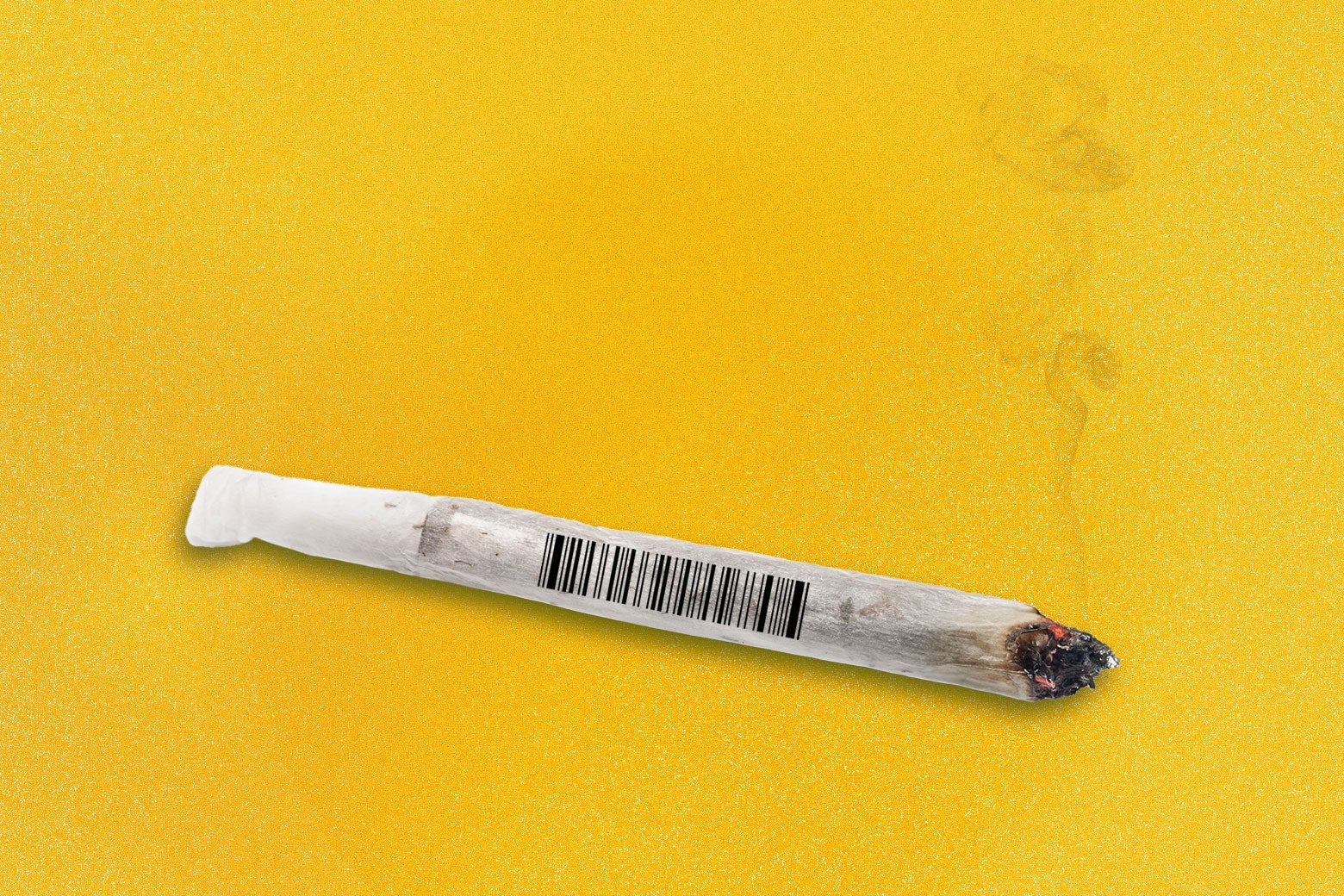Investigative Exposé Unveils the Dark Side of Johnson & Johnson
Johnson & Johnson, a titan in the health care industry, is often viewed as one of the most reputable and trusted brands in the world. Its swift and decisive response to the horrifying 1982 tampering of Tylenol bottles, which tragically resulted in the deaths of seven individuals, is frequently cited in business schools as an exemplary model of crisis management and corporate responsibility.
However, in his compelling new book titled No More Tears: The Dark Secrets of Johnson & Johnson, veteran journalist Gardiner Harris employs his investigative expertise to meticulously examine not only the legacy of this healthcare behemoth but also the responses of federal regulators who oversee it. The revelations within Harris\'s work paint a troubling and complex portrait of the company, suggesting that there is much more beneath the surface than its polished public image suggests.
Harris asserts that the narrative he presents “has been hiding in plain sight for a very long time.” He embarks on a thorough exploration of Johnson & Johnson’s history, delving into significant controversies such as the extensive litigation related to its baby powder, which has been linked to cancer due to the presence of talc. The settlements for these lawsuits have reached billions, underscoring the severity of the allegations against the company.
In addition to this, the book outlines a series of other controversies that have plagued Johnson & Johnson over the years. One such issue is the impact of its anti-psychotic medication, Risperdal, which has been associated with serious side effects. Furthermore, Harris explores the company\'s controversial role in the nation’s opioid crisis, highlighting the devastating consequences of its actions and the broader implications for public health.
What sets Harris\'s book apart is his willingness to hold not only Johnson & Johnson accountable but also to critique the very regulatory bodies that are supposed to safeguard public health. He sheds light on what he describes as the “false mythology” surrounding the Food and Drug Administration (FDA) and provides examples of instances where the agency has failed to adequately protect consumers from harmful products.
Moreover, Harris does not shy away from scrutinizing the American media\'s portrayal of the FDA\'s enforcement actions. He points out that reporters have occasionally misrepresented the agency\'s responses to pharmaceutical companies, suggesting that their actions were more stringent than they truly were. This critique invites readers to consider the important role that media narratives play in shaping public perception of health care companies and their regulators.
In conclusion, Harris\'s No More Tears offers readers not just a critical look at Johnson & Johnson but also a valuable historical context that extends beyond this single corporation. His work fosters a deeper understanding of the complexities inherent in today’s healthcare system and the ongoing challenges faced by consumers in navigating it.
For more information on book reviews, visit the AP Book Reviews.
















